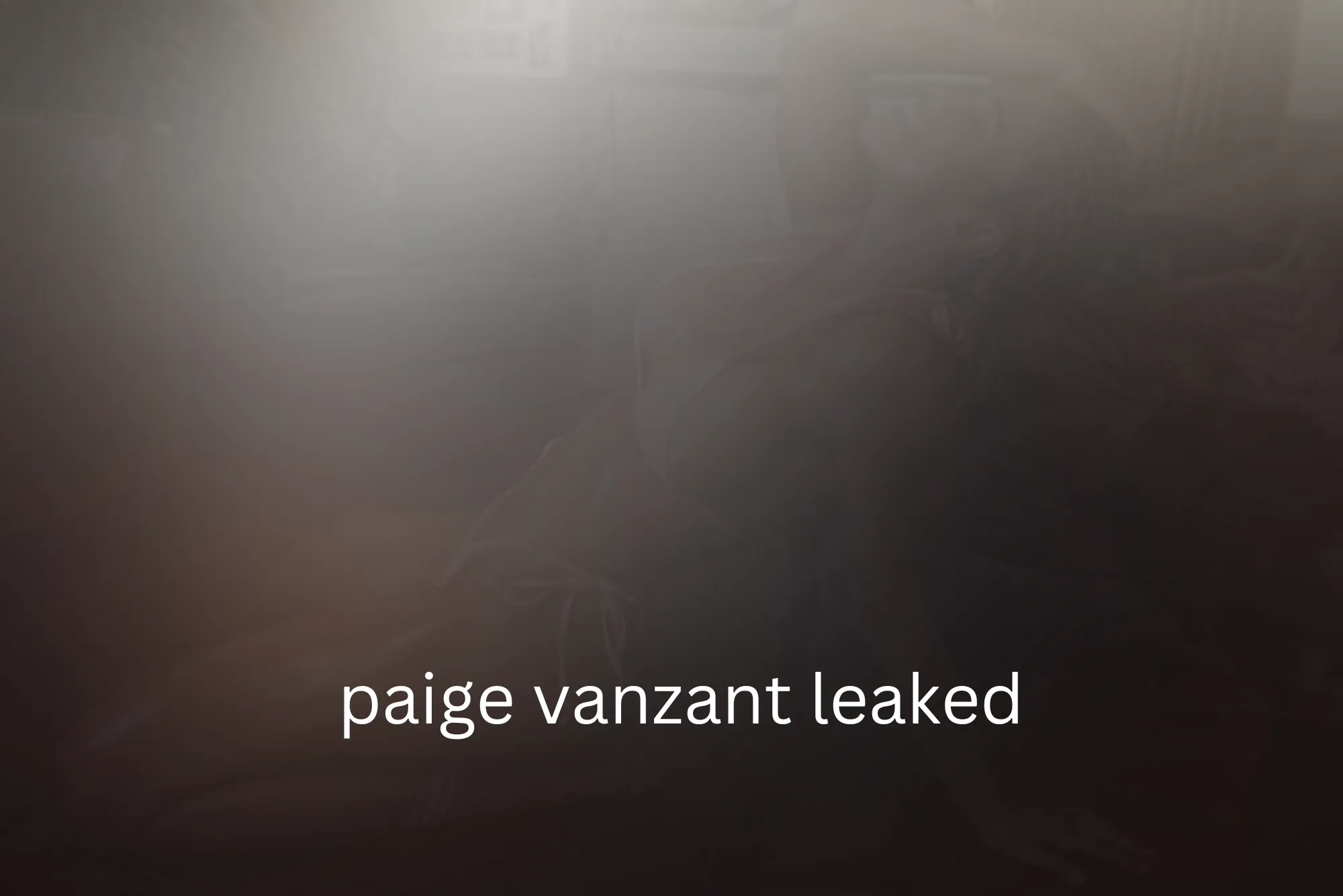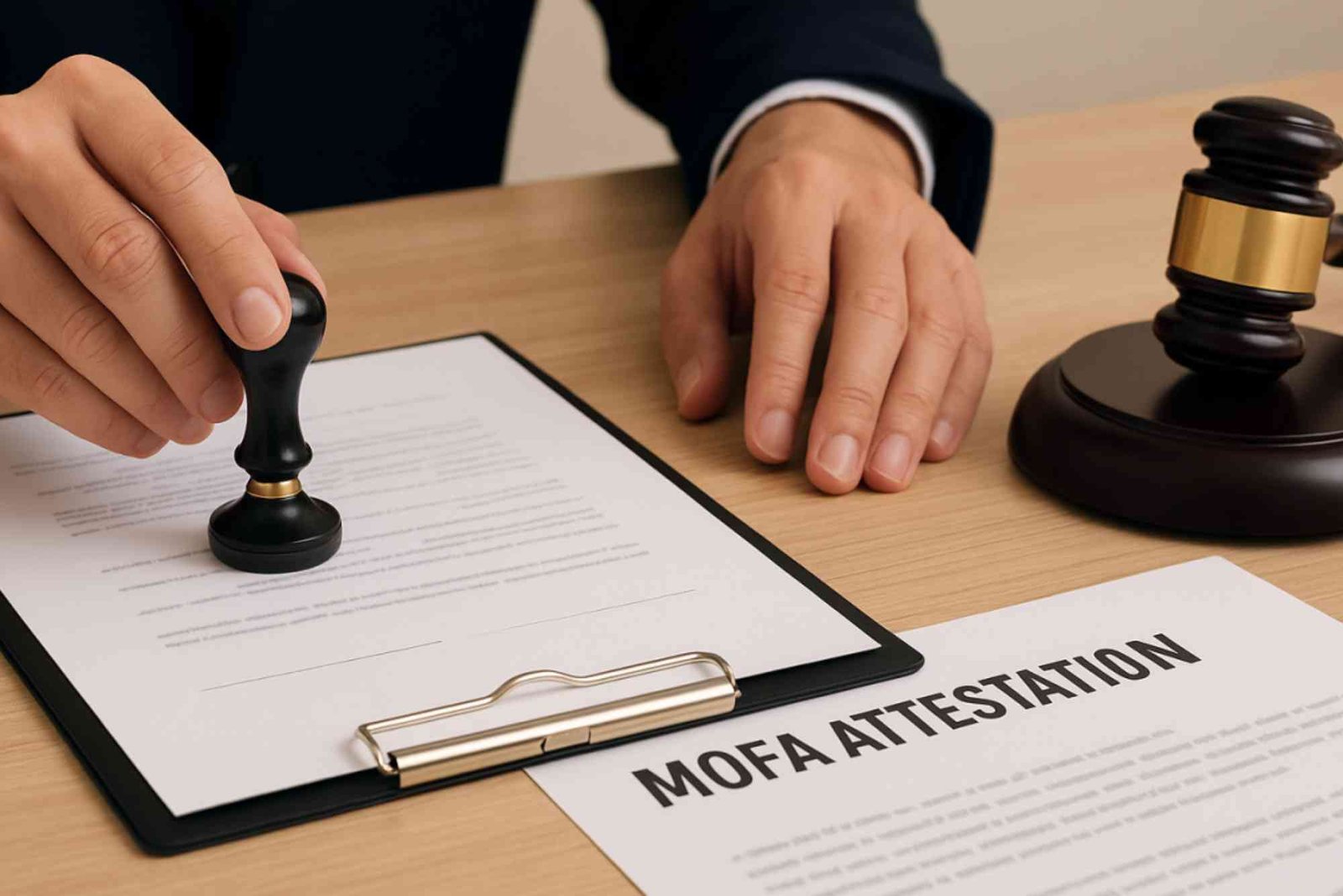In today’s hyperconnected world, privacy is increasingly at risk, particularly for public figures. The term “Paige VanZant leaked” encapsulates more than a single incident—it represents the broader challenges of protecting personal boundaries in an age where digital content can be rapidly disseminated without consent. Paige VanZant, a high-profile MMA fighter, influencer, and model, has not only achieved significant success in her career but has also faced the darker side of fame: the invasion of her personal life through unauthorized content sharing. This article seeks to explore the complexities surrounding such controversies, including the ethical, legal, and emotional repercussions.
Paige VanZant A Journey of Resilience and Success
Paige VanZant is widely recognized for her contributions to the world of mixed martial arts. Her career began with her rise in the Ultimate Fighting Championship (UFC), where her athleticism and determination earned her a loyal fan base. Transitioning to the Bare Knuckle Fighting Championship (BKFC), she continued to display her strength and versatility as a fighter.
Beyond her achievements in sports, VanZant has cultivated a substantial online presence. She has millions of followers across social media platforms and has established herself as a model, author, and entrepreneur. Her success in these domains demonstrates her ability to adapt and thrive in diverse fields. However, with increased visibility comes heightened vulnerability, making her a target for privacy violations.
Nature of Leaked Content and Its Impact
The concept of leaked content refers to the unauthorized release of private or sensitive material. For public figures like Paige VanZant, this often includes personal photos, videos, or information intended to remain confidential. The release of such material without consent constitutes a significant breach of privacy and trust.
Leaked content frequently spreads across social media platforms and websites, where it is consumed, shared, and monetized by audiences. This phenomenon highlights the exploitative nature of online culture, where personal boundaries are often disregarded for clicks, views, and profits. The psychological and professional toll on victims is immense, particularly for individuals in the public eye, who face amplified scrutiny and judgment.
The Ethical Dilemmas of Consuming and Sharing Leaked Content
The circulation of leaked content raises profound ethical questions. Consuming or sharing such material violates the fundamental principle of consent, undermining an individual’s right to control their personal information. For Paige VanZant, this breach of trust is not only an attack on her privacy but also a reflection of a broader societal problem.
The normalization of leaked content fosters a culture of objectification and exploitation. Public figures, especially women, are disproportionately affected by this trend, as their personal lives are often treated as commodities for public consumption. This dynamic perpetuates harmful stereotypes and reinforces gender-based inequalities. Ethical responsibility lies not only with those who leak content but also with the audiences who choose to engage with it.
Leaked Content and Protecting Victims’ Rights
The distribution of leaked content is not only unethical but also often illegal. Privacy laws in many countries explicitly prohibit the unauthorized sharing of private material, with severe penalties for violators. In the United States, revenge porn laws address the non-consensual dissemination of intimate images, providing victims with legal recourse.
For public figures like Paige VanZant, pursuing legal action can be a powerful way to hold perpetrators accountable and deter future violations. However, the process of seeking justice can be emotionally taxing and financially burdensome. The complexity of digital laws and the global nature of online platforms further complicate enforcement, highlighting the need for stronger international frameworks to protect individuals from privacy breaches.
The Psychological and Professional Toll on Victims of Leaked Content
The emotional impact of leaked content cannot be overstated. For Paige VanZant and others who have experienced similar violations, the aftermath often includes feelings of anxiety, shame, and vulnerability. The loss of control over personal information can lead to a profound sense of betrayal and mistrust, affecting relationships and mental health.
Professionally, leaked content can have devastating consequences. Public figures rely on their reputations to secure endorsements, partnerships, and opportunities. A privacy breach can damage their credibility and diminish their marketability, resulting in significant financial and career setbacks. For individuals like VanZant, who have worked tirelessly to build their brand, such incidents represent a deeply unfair intrusion into their lives.
The Role of Social Media in Amplifying Privacy Breaches
Social media platforms play a significant role in the proliferation of leaked content. While these platforms often have policies against sharing unauthorized material, enforcement remains inconsistent. The rapid spread of content across networks makes it difficult to contain the damage, leaving victims exposed to millions of viewers in a matter of hours.
The algorithms driving social media often prioritize engagement, inadvertently promoting sensational or controversial content. This dynamic creates an environment where privacy violations are not only tolerated but also incentivized. Addressing this issue requires a combination of stricter policies, improved content moderation, and a cultural shift toward respecting individual privacy.
How Society Can Address the Issue of Privacy Breaches
The controversy surrounding Paige VanZant and similar incidents underscores the need for a collective effort to combat privacy violations. Education is a critical component of this effort, as raising awareness about the importance of consent and digital ethics can help prevent future breaches. Advocating for victims and holding perpetrators accountable are equally important steps toward fostering a more respectful online culture.
Legislation must also evolve to address the unique challenges of the digital age. Strengthening privacy laws and ensuring their consistent enforcement can provide individuals with greater protection against exploitation. Collaboration between governments, tech companies, and advocacy groups is essential to creating a safer and more equitable digital environment.
How Fans and the Public Can Support Privacy Rights

Refusing to Engage with Leaked Content
Avoiding the consumption or sharing of leaked material is the first step toward respecting privacy.
Advocating for Victims
Publicly supporting victims like Paige VanZant and condemning privacy breaches helps foster a more ethical digital culture.
Educating on Digital Ethics
Promoting awareness about privacy rights and ethical online behavior is crucial for preventing future violations.
VanZant’s Leaked Controversy
Importance of Digital Security
Public figures must prioritize digital safeguards, including secure storage and encrypted communication.
Need for Societal Change
Addressing the root causes of privacy breaches requires challenging societal norms and promoting empathy.
Strengthening Legal Frameworks
Policymakers must continue refining laws to better protect individuals in the digital age.
Lessons from Paige VanZant’s Experience
The phrase “Paige VanZant leaked” represents more than a single incident; it is a stark reminder of the vulnerabilities faced by public figures in the digital era. Her experience highlights the urgent need for greater awareness, stronger legal protections, and a cultural shift toward respecting privacy and consent.
By examining the ethical, legal, and emotional dimensions of privacy breaches, we can begin to address the root causes of this pervasive issue. Let us strive to build a digital landscape where personal boundaries are respected, and individuals are free to pursue their careers and lives without fear of exploitation. The lessons learned from cases like VanZant’s must inspire us to take meaningful action, ensuring a more just and compassionate society for all.
Craig McCracken and Amy Luciani are two prominent figures, each excelling in their respective fields. Craig McCracken, a renowned animator, producer, and creator of iconic shows like The Powerpuff Girls and Foster’s Home for Imaginary Friends, has established a legacy in the animation industry. His net worth, estimated to be in the multi-million dollar range, reflects his decades of contribution to television and animation. On the other hand, Amy Luciani, a rising star in the music and social media realms, has captivated audiences with her talent and entrepreneurial ventures. Her net worth, though still growing, showcases her dedication to her craft and ability to engage with fans. Both individuals exemplify success, leveraging their creativity and skills to build impressive careers.









